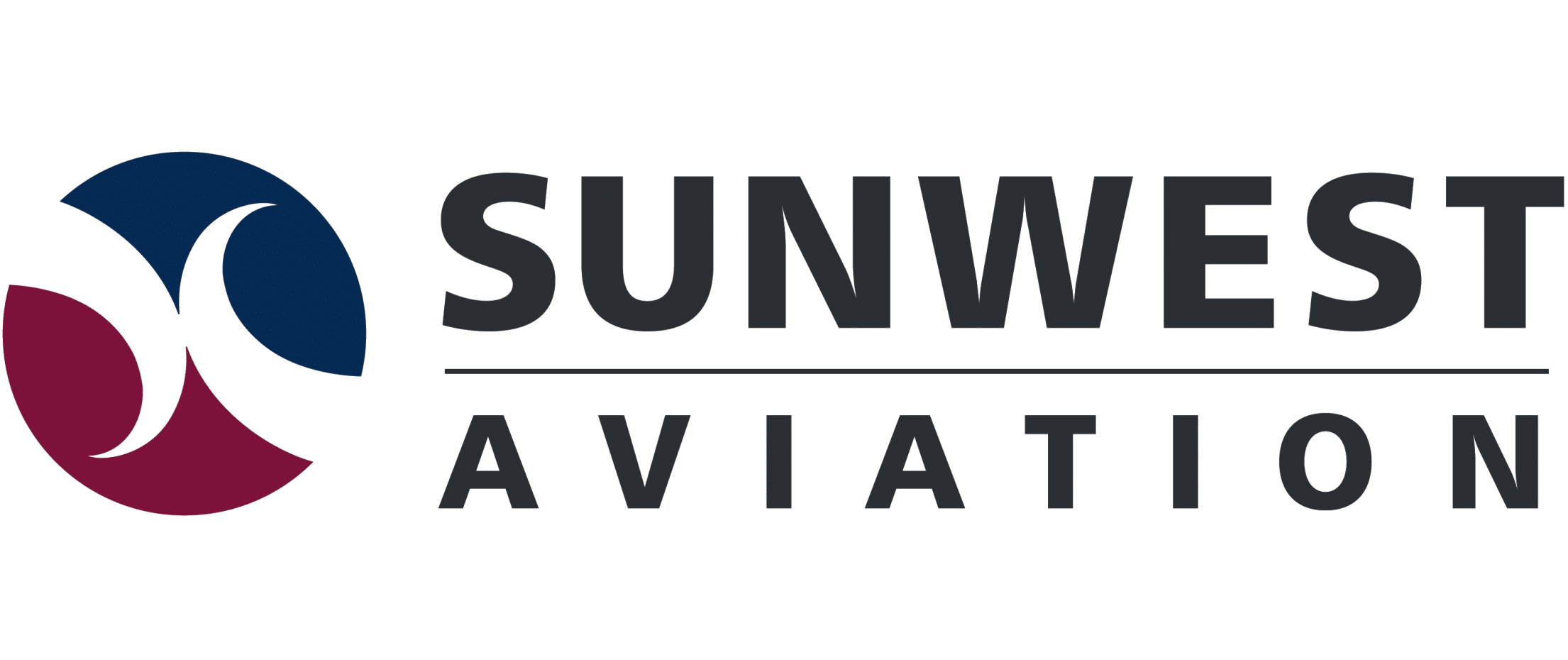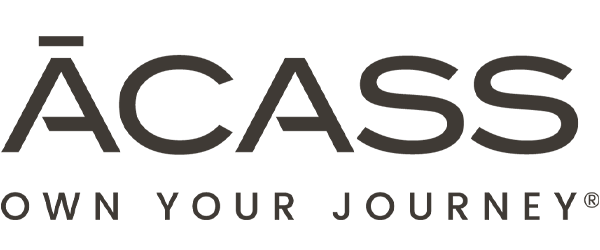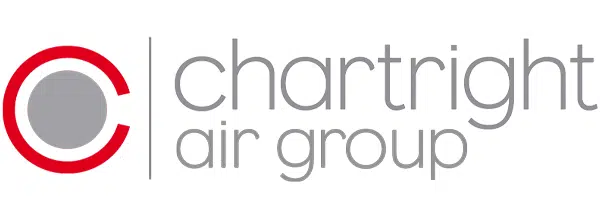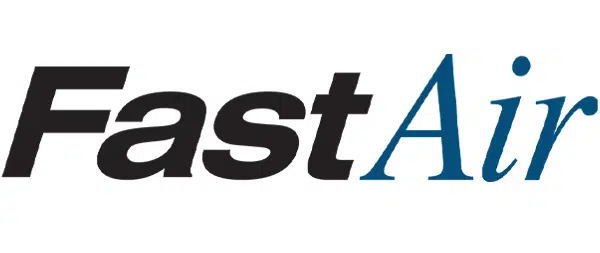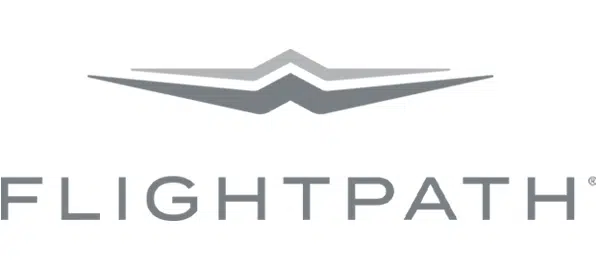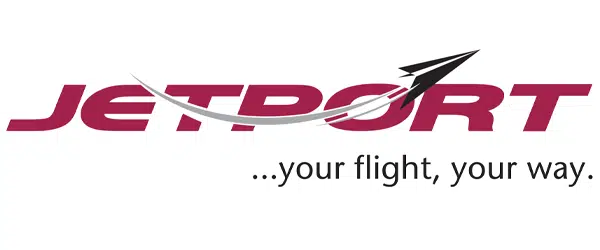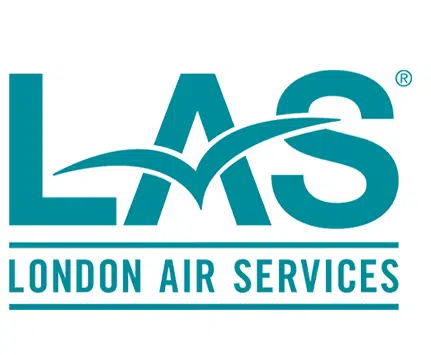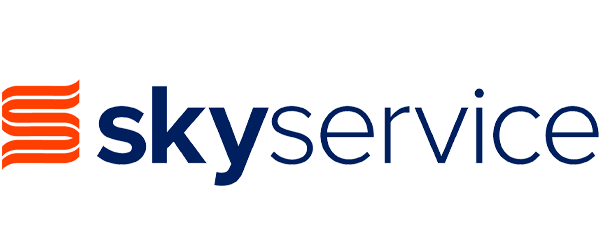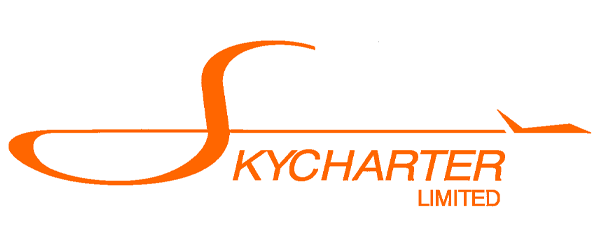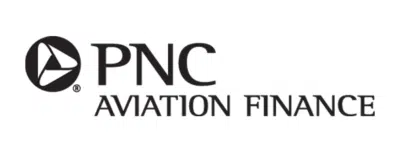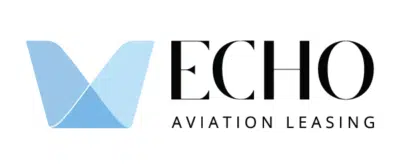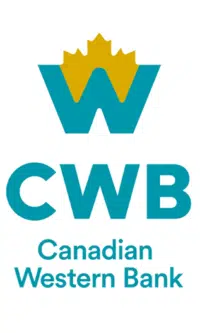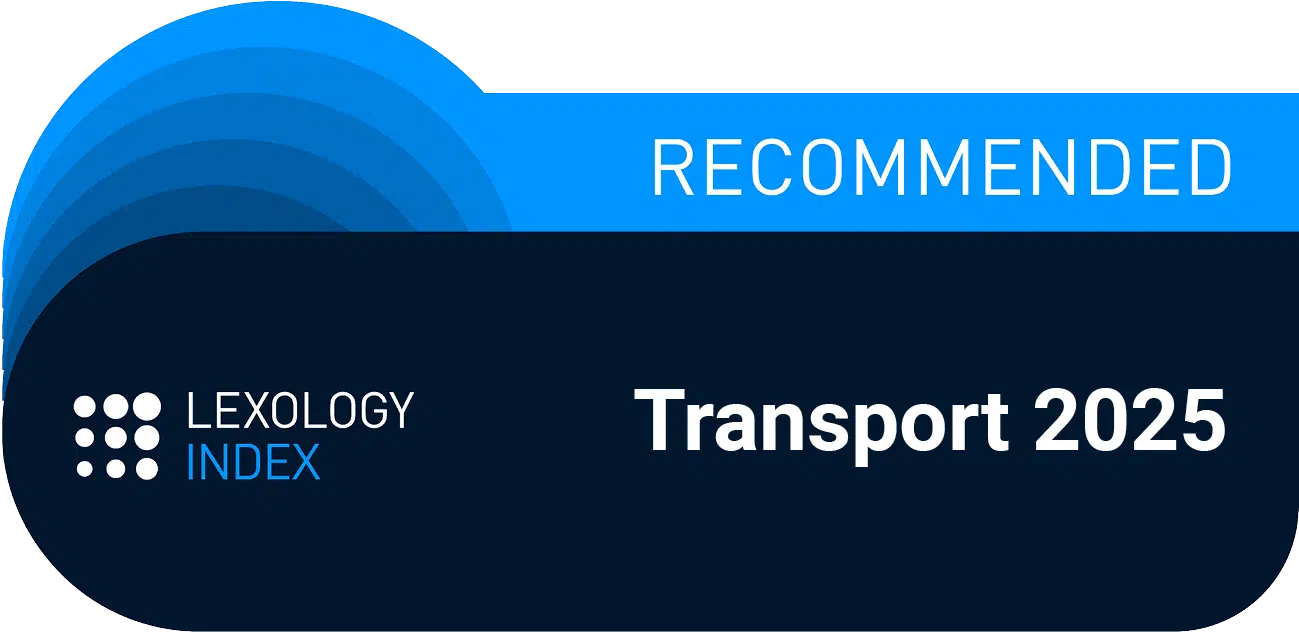Federal Budget 2025 Proposed Elimination of Luxury Tax on Aircraft
2025 Federal Budget has proposed to eliminate the luxury tax on aircraft – a measure that has been widely criticized by the Canadian aviation industry since its introduction in 2022 under the Select Luxury Items Tax Act (the “SLITA”).
Proposed Legislative Changes
The Notice of Ways and Means Motion, tabled alongside Budget 2025, formally sets out the legislative steps to repeal the luxury tax on aircraft and boat. Key amendments proposed to the Select Luxury Items Tax Act include:
- Terminology Alignment: In accordance with International Civil Aviation Organization (ICAO) guidelines, the term “Specific Approval” now supersedes “Special Authorization” for CARs Part VII air operations. This change aims to standardize the language used in aviation regulations globally, promoting clarity and understanding.
- Non-application of Tax: A new section (1.1) will provide that, despite any other provision in the Act, no luxury tax will be payable on subject aircraft or subject vessels as of November 5, 2025).
- Registration Changes: Vendors dealing in aircraft and vessels will no longer be required to be registered for purposes of SLITA after Budget Day.
- Automatic Cancellation of Registrations: All registrations relating to aircraft and vessels under the Act will be cancelled effective February 1, 2028.
- Reporting Relief: Vendors whose only activity relates to aircraft or vessels will not be required to file returns for reporting periods beginning after December 2025, provided no tax is payable.
These amendments are deemed to have come into force the day after Budget Day, subject to enactment of the enabling legislation.
Why It Matters
The tax failed to generate meaningful revenues from aircraft relative to the administration costs incurred by the government. Meanwhile, it contributed to job losses, discouraged investment, and slowed market activity across Canada’s aviation ecosystem. The proposed repeal marks a major policy shift by Canada’s Federal government and signals the government’s willingness to let businesses decide how best to allocate their capital.
Once repealed, the changes are expected to:
- Lower aircraft acquisition and import costs;
- Revive demand for new domestic aircraft transactions, maintenance, and refurbishment; and
- Strengthen the competitiveness of Canadian businesses in the global aviation market.
After accounting for administration costs, the shift in policy position will likely have a positive fiscal effect to government revenues, and it also provides meaningful relief to industry stakeholders who have faced reduced market activity and big blow to their businesses since 2022.
What’s Next
While administratively the government has halted the collection of these taxes, the repeal provisions will come into force once Parliament passes the corresponding Budget Implementation Act. Stakeholders should monitor for transitional guidance from the Canada Revenue Agency addressing in-progress transactions and return filing requirements through the end of 2025.
Key Takeaway
Effective on November 5, 2025, Canada has eliminated the application of Luxury Tax on new aircraft purchase in Canada. This signals the government’s recognition of the importance of business aviation in allowing Canadian businesses to achieve maximum levels of productivity and efficiency.







